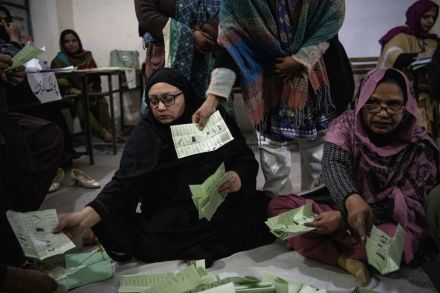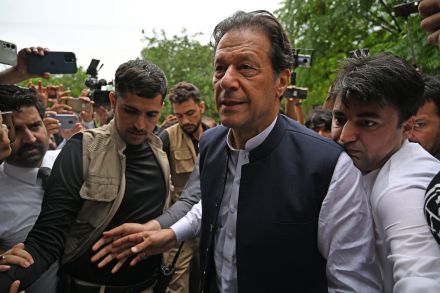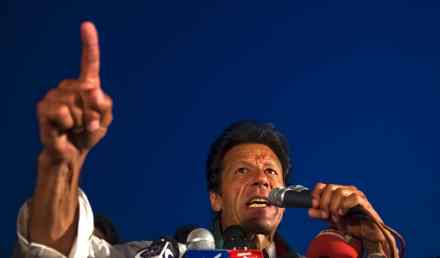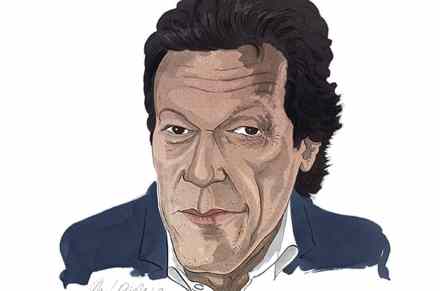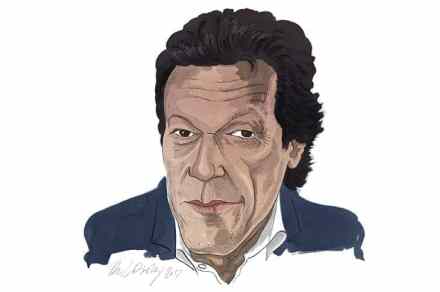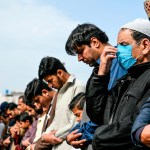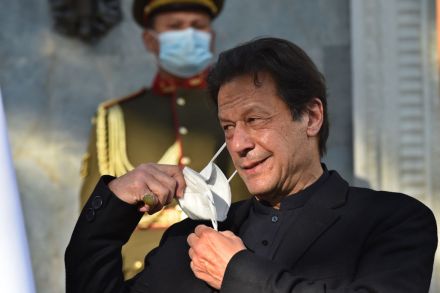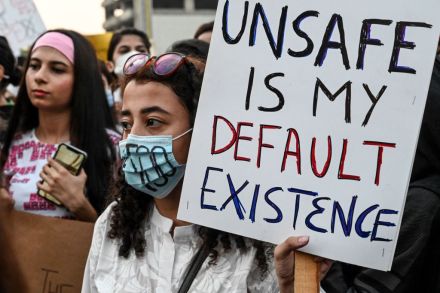Pakistani democracy is on the brink
A senior official in Pakistan has publicly confessed to vote-rigging in the country’s general election earlier this month. It is an unprecedented admission of malpractice that raises fresh questions about the legitimacy of the electoral process and whether the final results were manipulated by the country’s all-powerful military. Commissioner Liaqat Ali Chattha claimed that authorities in Rawalpindi, Punjab province, changed the final voting numbers so that the candidates who were ‘losing’ the elections ‘were made to win’. Chattha says there was so much ‘pressure’ on him to manipulate the results that he contemplated suicide, before opting to make a public confession: ‘I take responsibility for the wrong in Rawalpindi. I
